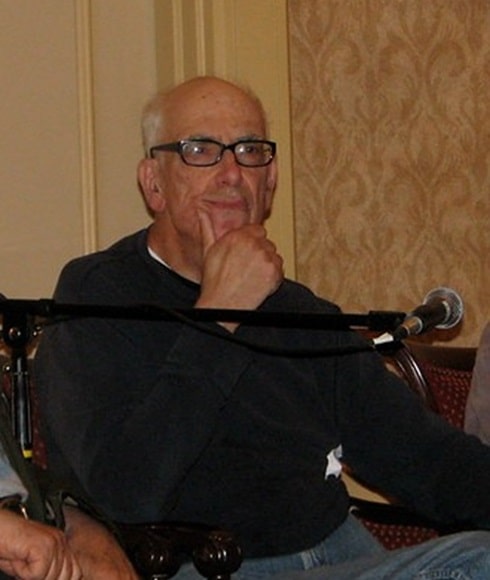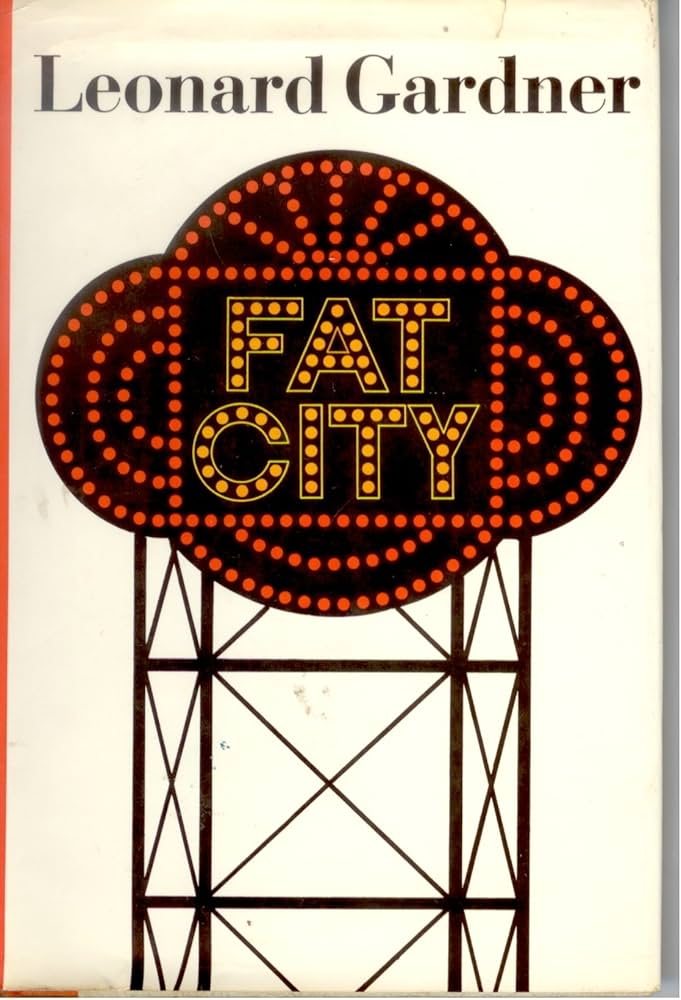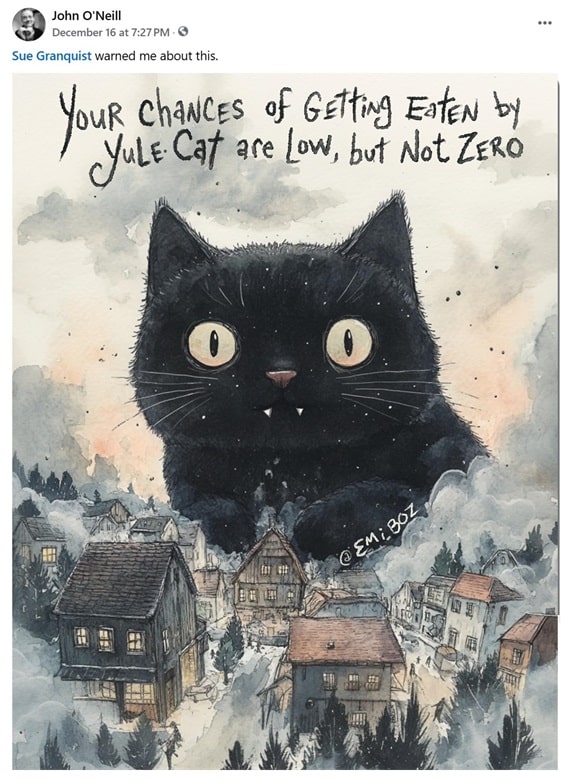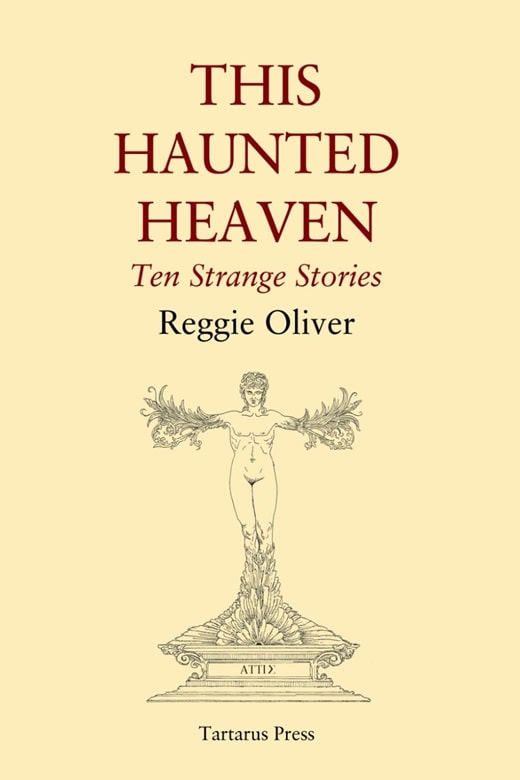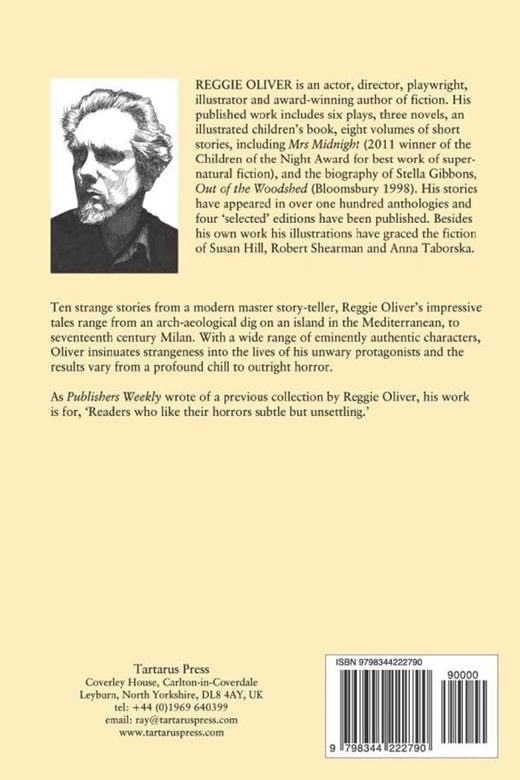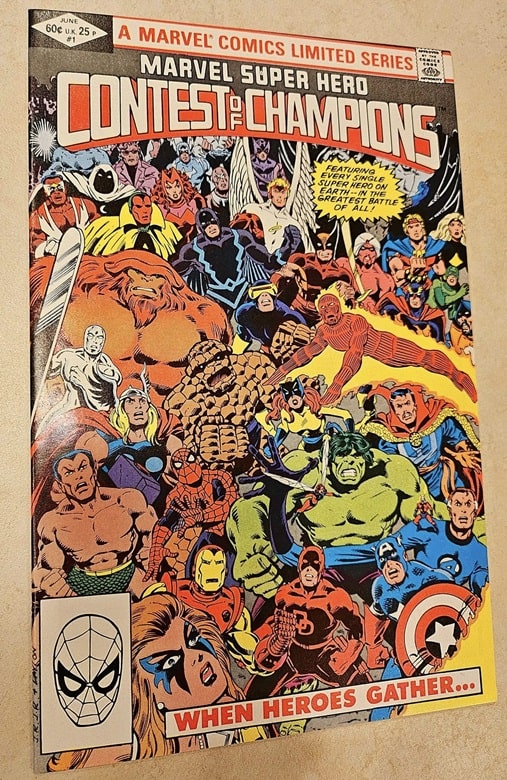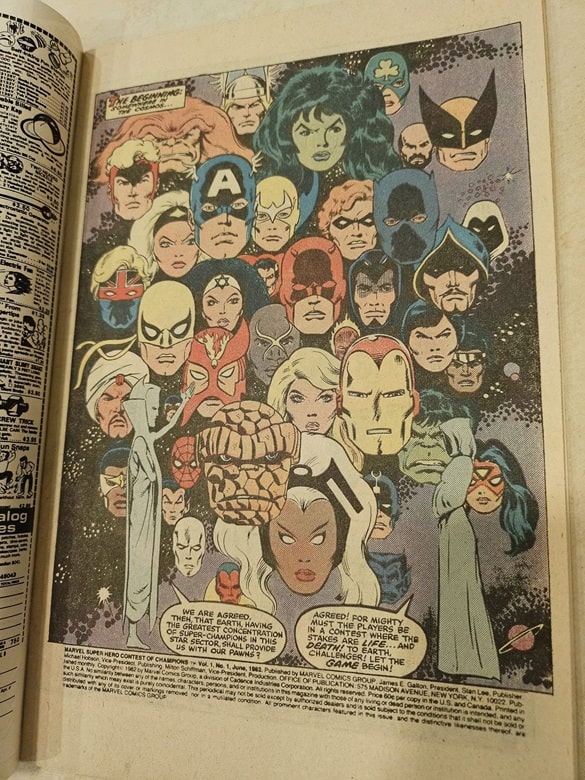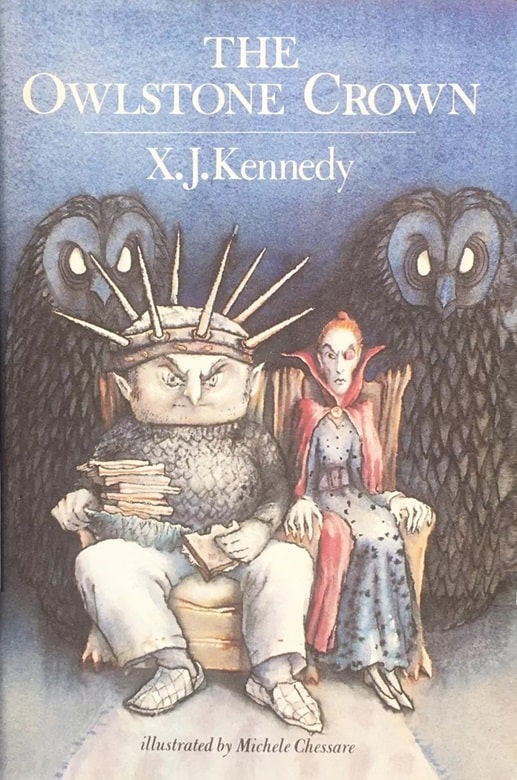A Holmes Christmas Carol
 Just about everyone is familiar with A Christmas Carol. The first short movie was made in 1901, based on a play adapted from Charles Dickens’ novel. And there were new adaptations this year. THAT is enduring.
Just about everyone is familiar with A Christmas Carol. The first short movie was made in 1901, based on a play adapted from Charles Dickens’ novel. And there were new adaptations this year. THAT is enduring.
I’ve seen different word counts, but Dickens’ work is about 29,000 words long. That’s a very short novel. But, as with any adaptation, some things are left out.
I took Dickens’ original novel – not one of the movie versions – and rewrote it as a Sherlock Holmes tale. I include some text from Dickens, and some stuff I’m not familiar with from just watching the movies.
I have about a half-dozen published Holmes short stories, and I think that I voice Watson, and emulate Doyle, fairly well. Well enough to give my stuff a try, I feel. And in this one, I feel like I presented some depth to Holmes, but I also remained faithful to Doyle’s actual character.
So, give it a read.
I
It is with a certain sense of misgiving that I relate the following tale, which took place during the Christmas season in 1902. I had moved out of our Baker Street lodgings earlier that year, having married only a few months before. I had rooms in Queen Anne Street and was quite busy with my flourishing medical practice. A newly married man, I once again found myself as head of a household, with all of the duties thereof. I saw Holmes infrequently, but had found the time to stop by the day before Christmas. Knowing he would have no plans of any kind, I extended to him an invitation to join my wife and I for Christmas day.
